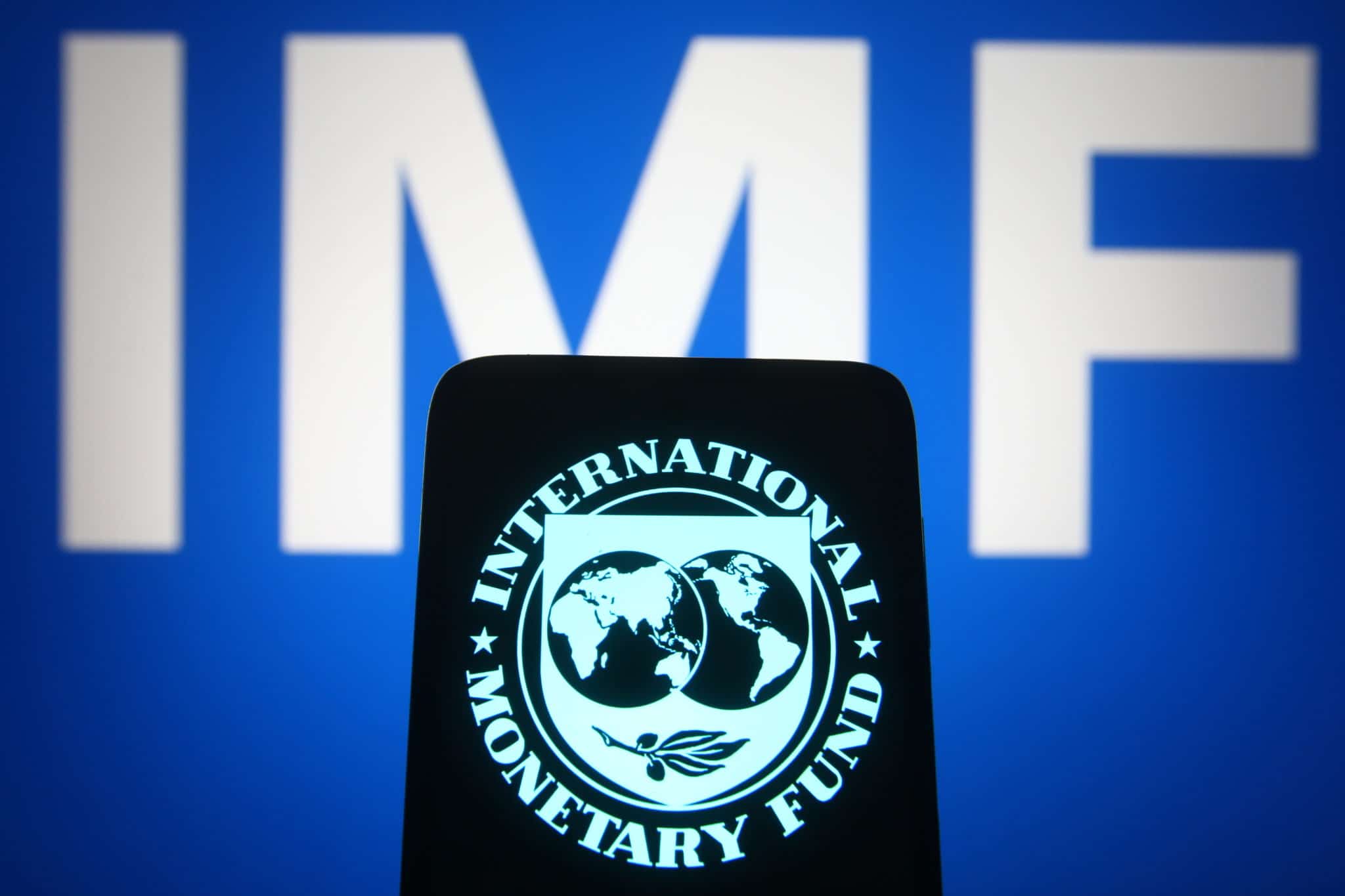According to government officials and development specialists, the United States will have a difficult time convincing other International Monetary Fund members to increase the IMF’s loan capacity without increasing China, India, and Brazil’s shareholdings.
Some financial experts are already anticipating a further delay in decision-making as they get ready to meet in Marrakech, Morocco, for the IMF and World Bank annual meetings, where a discussion of IMF quota allocations is anticipated to be a difficult topic.
A Brazilian official told Reuters that “quota increases without realignment would politically weaken the Fund,” adding that countries like Brazil, China, and India deserved a larger role in the IMF in line with their rising importance in the global economy.
The Fund’s $1 trillion in lending capacity, which has been taxed by years of COVID-19, inflation, climatic shocks, and spillovers from Russia’s war in Ukraine, is now accounted for by quotas contributed by member countries in proportion to their voting power.
Emergency capital commitments and bilateral lending make up the remaining cash, which are sources that are less dependable.
Increasing the quotas would give developing nations access to larger loans and more predictability than the current arrangements. The IMF claims that the additional resources are “vital” to protect the world economy from upcoming shocks.
Since 2010, the quotas have not been increased, giving China, Brazil, and other rapidly expanding emerging market nations a greater voice at the expense of other emerging market economies.
If this experiment were to be repeated, China would probably experience the largest gain since, according to IMF estimates, it accounts for 18% of the world’s gross domestic product with just 6.08% of the voting power in the IMF. With 16.5% of the voting power, the United States is by far the IMF’s largest shareholder.
However, any move to enhance China’s share will result in a political backlash for US President Joe Biden when he runs for reelection next year because anti-China sentiment is deeply ingrained in the US Congress.
At the discussions in Morocco, U.S. Treasury Secretary Janet Yellen is promoting a plan that would have nations contribute fresh funds in proportion to their present contributions, with formula modifications to follow.
The U.S. is recommending the addition of a fifth deputy managing director to serve the interests of middle-income countries and an additional Executive Board member to represent more sub-Saharan African nations as a way to sweeten the deal for emerging markets.
This will “increase the voice and agency of member countries who are the most vulnerable” at the Fund, Ivory Coast President Alassane Ouattara stated on Thursday.
Former U.S. Treasury and IMF official Mark Sobel, who now works for the OMFIF financial think tank, referred to the new stances as “sugarcoating” for the U.S. plan but expressed doubt that they would convince enough developed economies to back them to win China’s support. He stated that, like in the past, members could put off making a decision for several months.
A spokeswoman for the Chinese embassy in Washington declined to respond to questions on the proposed U.S. limit.
Former IMF strategy chief Martin Muhleisen claimed that the proposal “puts the Chinese on the spot to agree.” Otherwise, he continued, Beijing would be forced to oppose increased resources for struggling developing nations in order to advance its own political objectives.
DELAYS MAY OCCUR
Negotiations in Marrakech would be “intense,” according to the Brazilian source, who spoke on the condition of anonymity because the IMF quota discussions are confidential. However, the Brazilian official added that the U.S. plan was not the only option.
You may either combine the 16th review of quotas, which is required by December 15th, with the 17th review and shorten the timeline, the official suggested.
After heated 2019 discussions left quota resources and shareholding unaltered, a delay would be a major letdown for the IMF.
However, other development experts argue that delaying the decision, maybe until after the 2024 presidential elections, may be the easier course of action, in part because the IMF is not in danger of running out of money. Currently, it has around $150 billion in total loans outstanding, which is less than half of its quota-based lending capability.
Mark Plant, a former IMF employee who is now with the Centre for Global Development, claimed that “the Fund’s not tight.” “If we hit another crisis, it could get tight.”

